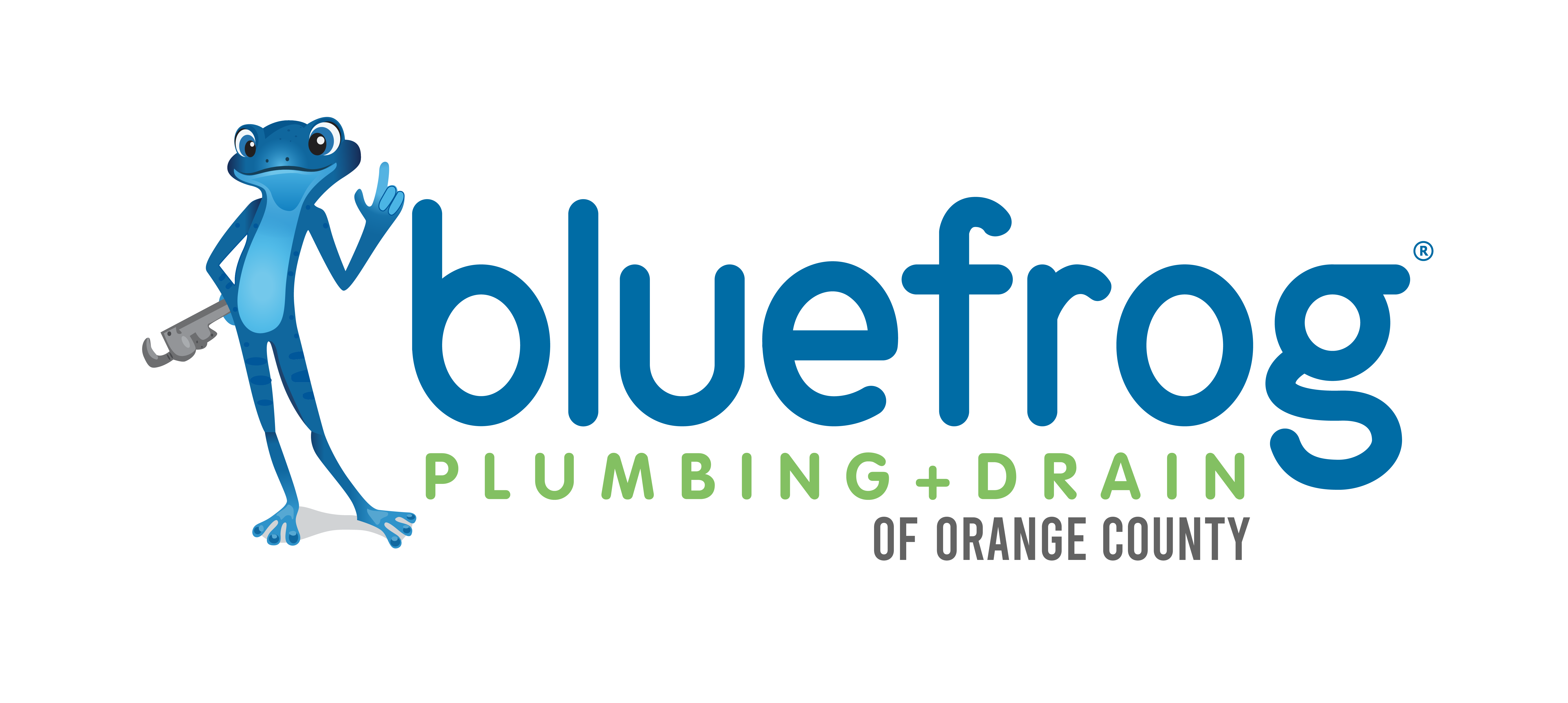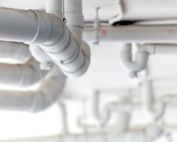Owning a home comes with an extensive list of responsibilities. As a homeowner in the Huntington Beach, CA area, you may be faced with appliance repairs, leaky faucets, slab leaks, and other plumbing issues. Home repairs like this are essential to fix because they get in the way of leading a comfortable, hassle-free life and impact your daily routines. However, when it comes to a gas line leak, there is a lot more at stake; as improper handling can endanger the safety of your family.
And the statistics are scary. It is reported that 17 lives are lost annually in the US due to gas leak accidents. And a significant majority suffers from illnesses due to unforeseen exposure to gas leaks. So, how exactly does a gas line leak?
Causes of a Gas Line Leak
We spoke to a few experts from a local plumbing service in the Huntington Beach, CA area, and according to their experience working in the field, the following items can trigger a leak.
1. Household Appliances
According to one plumbing service professional, the appliances in your home can act as a major catalyst to a leak. These appliances – including stoves, dryers, and water heaters – use propane or natural gas for generating heat. With time, their performance quality suffers, and they degrade. As a result of this aging, the seals that link them to the gas pipes become corroded, making them prone to a gas leak.
Sometimes, stoves and similar appliances that use a spark for ignition become defective and leak gas. If you forget to turn off the gas knob, this leaking gas can cause an explosion.
2. Pipe Issues The gas in your home comes via a network of pipes that run underneath your home’s foundation. These pipes are connected to your household appliances. Older homes use outdated gas pipes that do not fit the modern regulatory standards. Due to continuous wear and tear, these pipes either break off or lose their seals. As a result, they become the root cause of a gas leak.
3. Weak Ventilation
Propane and natural gas are not the only gases that can cause dangerous leaks. You should also consider the threat of a carbon dioxide leak as well. It often leaks due to weak ventilation in homes. Carbon dioxide is a byproduct of propane and natural gas. When levels of CO2 rise and there is less fresh air, it can cause headaches, restlessness, drowsiness and more. And abnormally high levels of CO2 can result in suffocation and death. Bigger appliances are required to vent their gas via an exhaust fan or chimney, according to our plumbing service provider When any of these mediums become clogged or malfunction, they can cause a carbon dioxide leak in your home. While propane and natural gas have an identifiable smell, carbon dioxide does not have any smell of its own, so it can be hard to detect. To identify it, you may need to rely on the expertise of someone who is familiar at detecting and preventing harmful gas leak, like a skilled worker from a plumbing service.
Signs of a Gas Line Leak
Now that you are more familiar with the causes of gas line leaks, you should know how to identify them. We continued the conversation with a handful of professionals from a reputable plumbing service in the Huntington Beach area, to see what they had to say to better help you identify the signs and keep you safe.
1. Dead Patches
Natural gas is transferred via utility stations and pipeline systems so it can reach the residential properties. As long as the gas pipes lie outside your residential property, it is the responsibility of a utility company to fix its leak. Meanwhile, the proper care and maintenance of the internal pipes and external pipes that fall within the boundaries of a property, falls in the hands of their corresponding homeowners.
According to a workman from a plumbing service, landscaping can give a clue. This is because underground gas leaks inflict damage to vegetation and create dead patches. Therefore, if you notice the sudden formation of dead patches on your property, a gas leak might turn out to be the culprit. Additionally, when it rains, puddles of water are often formed in these dead areas, raising another red flag regarding a gas leak.
2. Sulfur Smell
In most cases, gas leaks are noticed due to a specific odor. This odor smells like a rotten egg or sulfur. In its raw form, natural gas is odorless. The egg smell is added by the utility companies via a chemical, so customers can detect leaks and keep their families and properties safe.
3. Soap Test
In case you have doubts about a gas leak in a pressurized system, all you need is some water, a cloth rag, and dish soap to identify the leak. Turn on your system and mix water and soap. Wipe the pipe area and look for the formation of bubbles. The appearance of bubbles is a telltale sign of a leak.
Sometimes, even if the gas leaks are slow and the pipes look seemingly healthy, the leak may go undetected. This happens when gas sneaks away from the pipe region that may appear fine, but it has become corroded. In such cases, a professional from a plumbing service, can be of utmost assistance.
4. Hissing Sound
Go near the gas lines in your home. If you hear a hissing sound, consider it a forewarning of a major gas leak. As soon as you hear such sounds, call a professional from a plumbing service.
5. Physical Symptoms
When left unattended, a slow leak inflicts an influx of physical symptoms on the residents of the home. They can result in health issues such as dizziness, nausea, headaches, shortness of breath, fatigue, and other dangerous symptoms. If your family members are reeling from these side effects, and you think you may have a gas leak in your home, vacate the home immediately and call the fire department.
Final Thoughts
Now that you are more aware of what causes a gas leak and how to identify such leaks, it is best to come up with a plan of action to avoid future emergency situations. One simple solution is to call a plumbing service to help identify any signs and fix a possible hazardous issue right away.
Contact Bluefrog Plumbing + Drain of Orange County. They service the Huntington Beach, CA area and are one of the leading plumbing companies in California.
Photo By Nor Gal at Shutterstock

Slab Leaks: A True Plumbing Emergency
Home building following World War II was aggressive, so many houses were built on cement foundations to reduce the time it took to build them and to keep costs at a minimum. They were
How To Extend The Life Of Plumbing Pipes
A plumbing system consists of a complicated series of pipes, fixtures, and appliances that provide the infrastructure to run a well-functioning home. In this article, we will focus solely on plumbing pipes and ways
3 Silent Signs You Have A Plumbing Problem
Some plumbing issues announce themselves with a fury such as a drain backing up with sewage or a burst pipe, while others remain silent and destructive. In this article, we will reveal 3 signs



